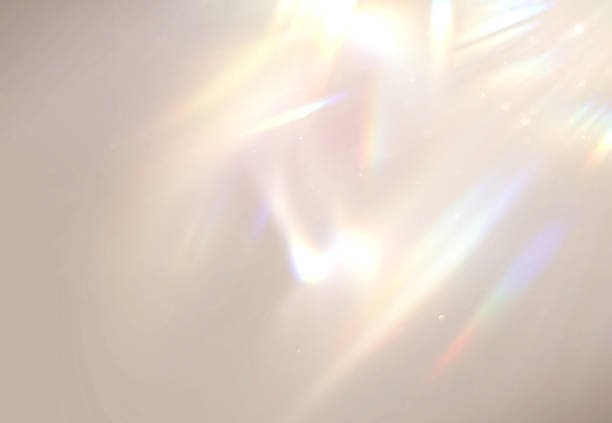
“Reiki is a complementary health approach in which practitioners place their hands lightly on or just above a person, with the goal of directing energy to help facilitate the person’s own healing response. ”
“To put it simply, Reiki treatment is the process of receiving and letting the Reiki energy flow constantly from the “ten” (ex: universe, heaven, cosmic, nature) through the practitioner’s body to the patient.”
The practice of Reiki is based on the idea that we all have universal life force energy, or Reiki, flowing through us. If this life force energy is low or blocked, then we are more susceptible to developing toxins throughout our bodies and getting sick or struggling with our mental health. A Reiki practitioner, through no special powers or abilities, has the training to perceive those toxins and help restore the body to equilibrium, utilizing Reiki. The practitioner acts only as a vessel for Reiki energy to flow through, from their hands to the patient’s body, and they do not control the process in any way. Reiki may sound outlandish to some, but it actually has a long history. The practice originated in Japan in the early 20th century, but one of the earliest documented cases of energy healing dates back thousands of years, in China.
Reiki can help with any number of physical and/or mental health concerns, including pain, inflammation, bacterial or viral infections, surgical recovery, depression, anxiety, sleep disorders, addiction, emotional well-being, PTSD, etc. The list goes on and on.
Reiki
““It’s been a long time coming, but the Reiki study conducted at Harvard by members of the Center for Reiki Research (Dr. Natalie Trent, Dr. Ann Baldwin, and William Rand) in 2015 and 2016 has now been accepted for publication in the Journal of Alternative and Complementary Medicine! This is the largest prospective Reiki study to date and hopefully will lead to more research.
A total of 1411 Reiki sessions were conducted and included in the analysis. Statistically significant improvements were observed for all outcomes of psychological and physical health, including pain, drowsiness, tiredness, nausea, appetite, shortness of breath, anxiety, depression, mood, and overall wellbeing, with moderate to large effect.
The results from this large-scale multi-site effectiveness trial suggest that a single session of Reiki improves physical and psychological health.””
“The current study provided evidence for the short-term benefit of Reiki on cancer-related symptoms among outpatients receiving infusions. The participants were highly satisfied overall with the Reiki session, demonstrating acceptability. Qualitative feedback indicated that participants experienced relaxation, symptom reduction, body sensations, emotions, gratitude, and wanted another Reiki session.”
If you have any questions about any part of Reiki, or if you want to chat about whether Reiki is right for you, you can schedule a free 15 minute phone consultation with me. I’m always happy to help!

